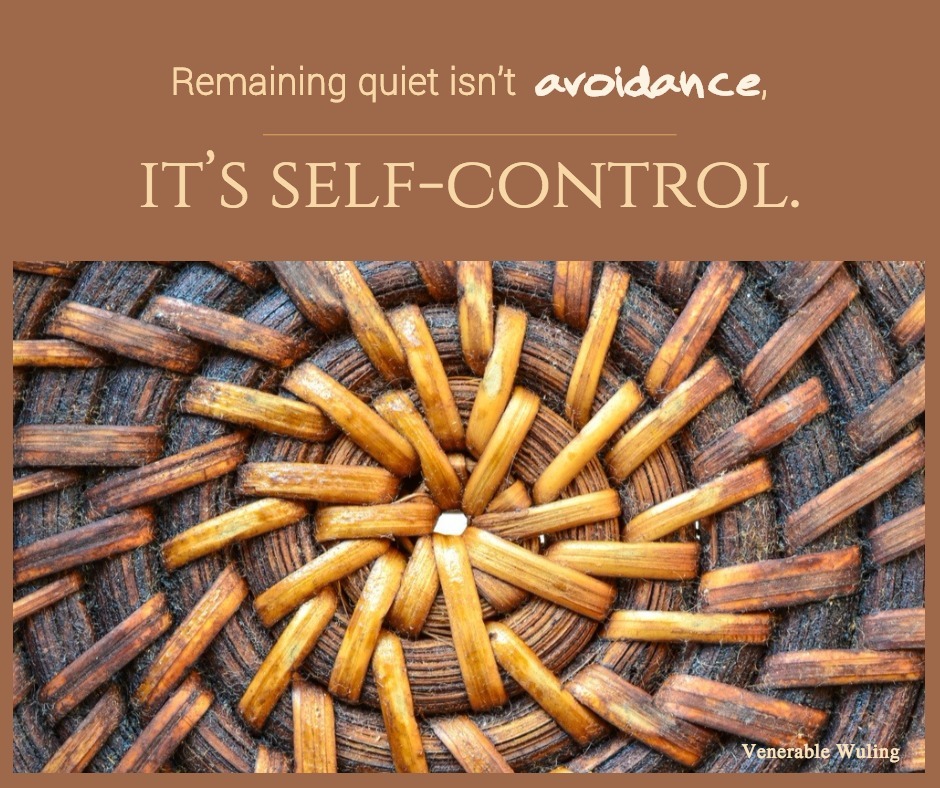 April 14, 2018
April 14, 2018 Taking care of objects is a sign of respect
for those objects and our environment.
We know we should observe the first of the ten great vows, which is to respect all Buddhas of the past, present, and future. But how do we treat our stuff? We respect things as well. Do so as a meditation. Organizing, cleaning, putting objects back in their proper places, while we chant “Amituofo,” are all ways to care for individual objects and our immediate environment correctly.
This respect shows our appreciation as we understand that it’s due to our good fortune that we have all we do. Viewing objects in this way entails considering each item’s intended use and—in appreciation for all the resources and time expended in creating and getting them to us—ensuring that they’re properly utilized and cared for.
If we find we no longer have a use for something, we can pass the object on so someone can put it to use, rather than let one more forgotten, unwanted object collect dust at the back of a closet.
 April 6, 2018
April 6, 2018 Sharing something disturbing with others
makes us feel better, but what about them?
If we’re fortunate, we have someone in our life who cares enough to listen as we recount a recent event that has upset us.
But are they as lucky? Not that we don’t listen to this person, we do. But she has to hear and, thus share in, our frustration. Unless she’s better at sloughing off painful experiences than we are, we just adversely affected someone with our grievances.
When speaking with those who care enough to listen to us, we need to consider what we are about to say.
We don’t have to be paranoid about this, just considerate. Do we need to speak about everything that happens to us? Might we not drop the memory of painful events before they upset anyone else? Do we really need to talk so much? Text so much? Share every detail of our lives on social media?
It’s not that we need to become recluses. We do, however, need to value all those we are fortunate enough to have in our life.
And respect them, and their peace of mind.


